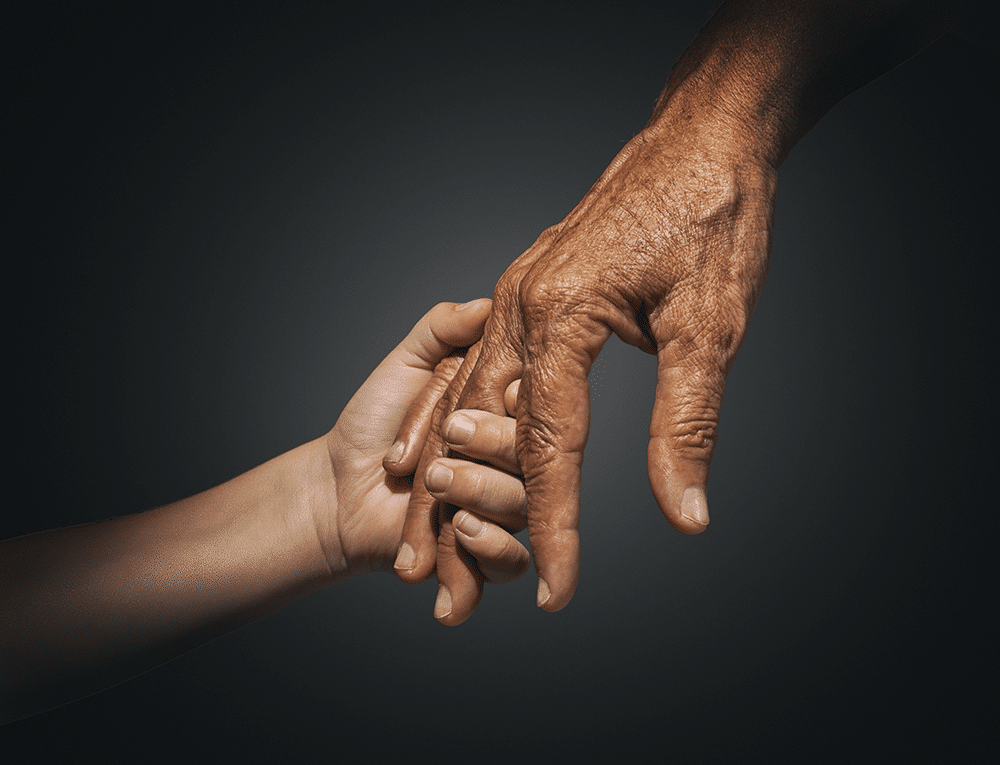Sometimes it’s just easier for others to explain. On a recent Sunday, instead of dropping my 9-year-old daughter, Addison, at the Synagogue for her Sunday School class, I dropped her at the Horsham Center for Jewish Life for a field trip.
Walking in, Addison asked if I had ever been to the building—I explained that I have many clients who live or have lived in this building. As a follow-up, Addison asked why I have so many clients that live there. In the two minutes before her field trip began, I did my best to summarize what elder care is, why people need this help, and what that help looks like. It’s difficult to articulate these concepts to an adult; it’s even more challenging to explain them to a child. In her mind, it’s a foreign concept: Her dad helps aging seniors and their loved ones find, get, and pay for care. Her face betrayed her confusion. Regardless, we found her class, and off she went.
Two hours later, I drove to pick her up, eager to learn about her day. She hopped into the car and excitedly shared her experience. Addison spent her time talking with elderly residents, interviewing them to learn about their lives. She spent a great deal of time with one resident—we’ll call him Sid. She learned about his family, his career, and his hobbies. He talked about his home and his family, and when he moved to the Horsham Center and why.
As we drove, Addison told me more, including that Sid no longer golfs daily like he once did because of his hips, but he still plays shorter, less frequent rounds. He doesn’t like driving because he has difficulty seeing the road signs, but he uses Uber and gets rides from family. He doesn’t cook much anymore but loves the dining options at Horsham Center and dinners out with friends. Ultimately, he detailed to Addison that he needs some help, and Horsham Center is where he found it. He explained aging to a 9-year-old.
While the confusion on Addison’s face wasn’t entirely gone, I could tell she better understood that as we age, our lives change. She related Sid’s experiences to her own. As she’s gotten older, her life has changed, too. Over that time, she needs more help with some things and less with others. I didn’t have the pleasure of meeting Sid, but I know from what Addison shared that Sid educated her in a way she could understand.
Our team of elder care advocates advises and counsels families on how to find good care for their loved ones. We often meet with families who were told by another, perhaps a physician, for example, that “Mom needs 24-hour care” and simply left it at that. Fortunately, those families found us, and our team explained and helped them understand what care their loved one needs and why. Like with Sid, sometimes it’s just easier for others to explain.


